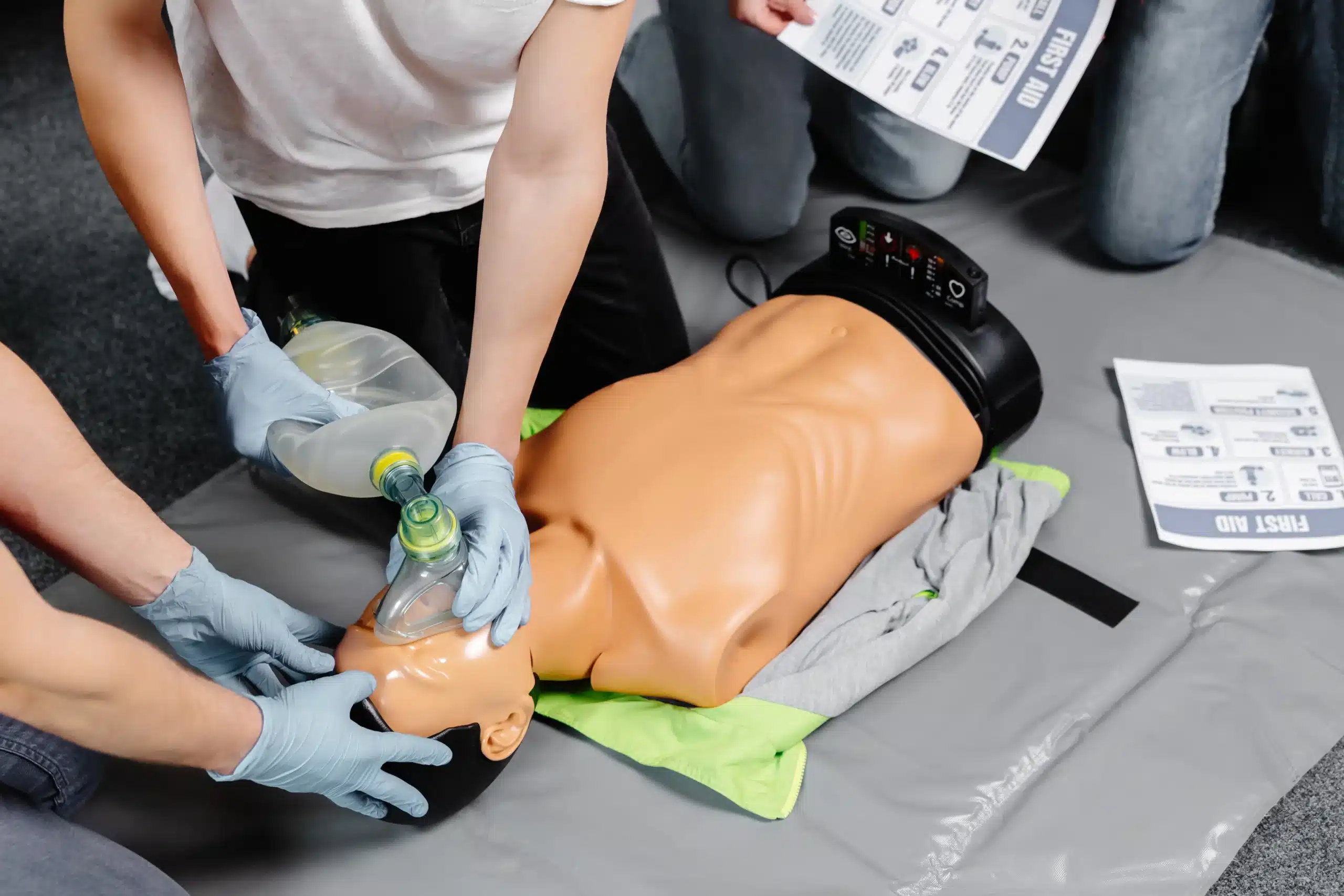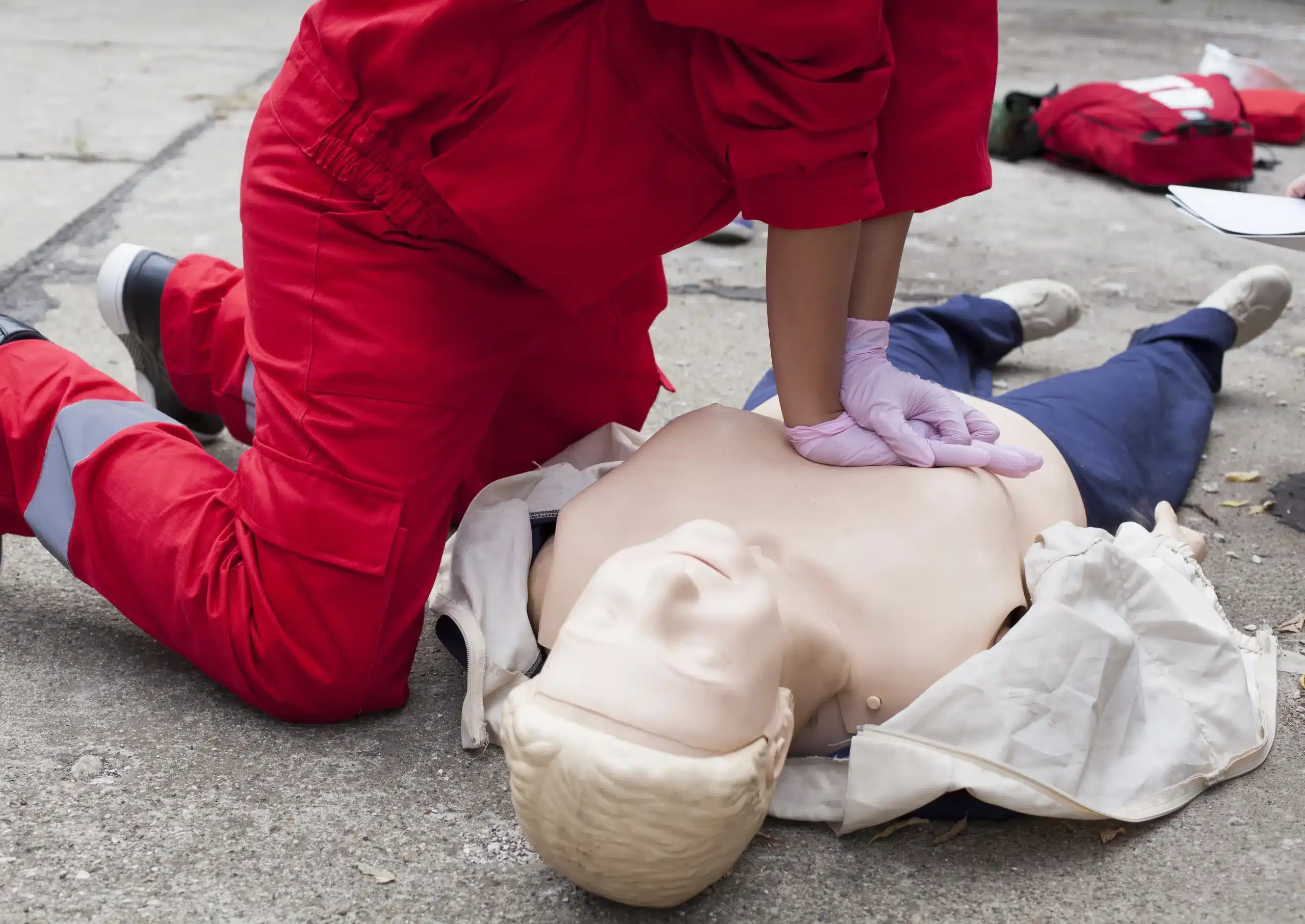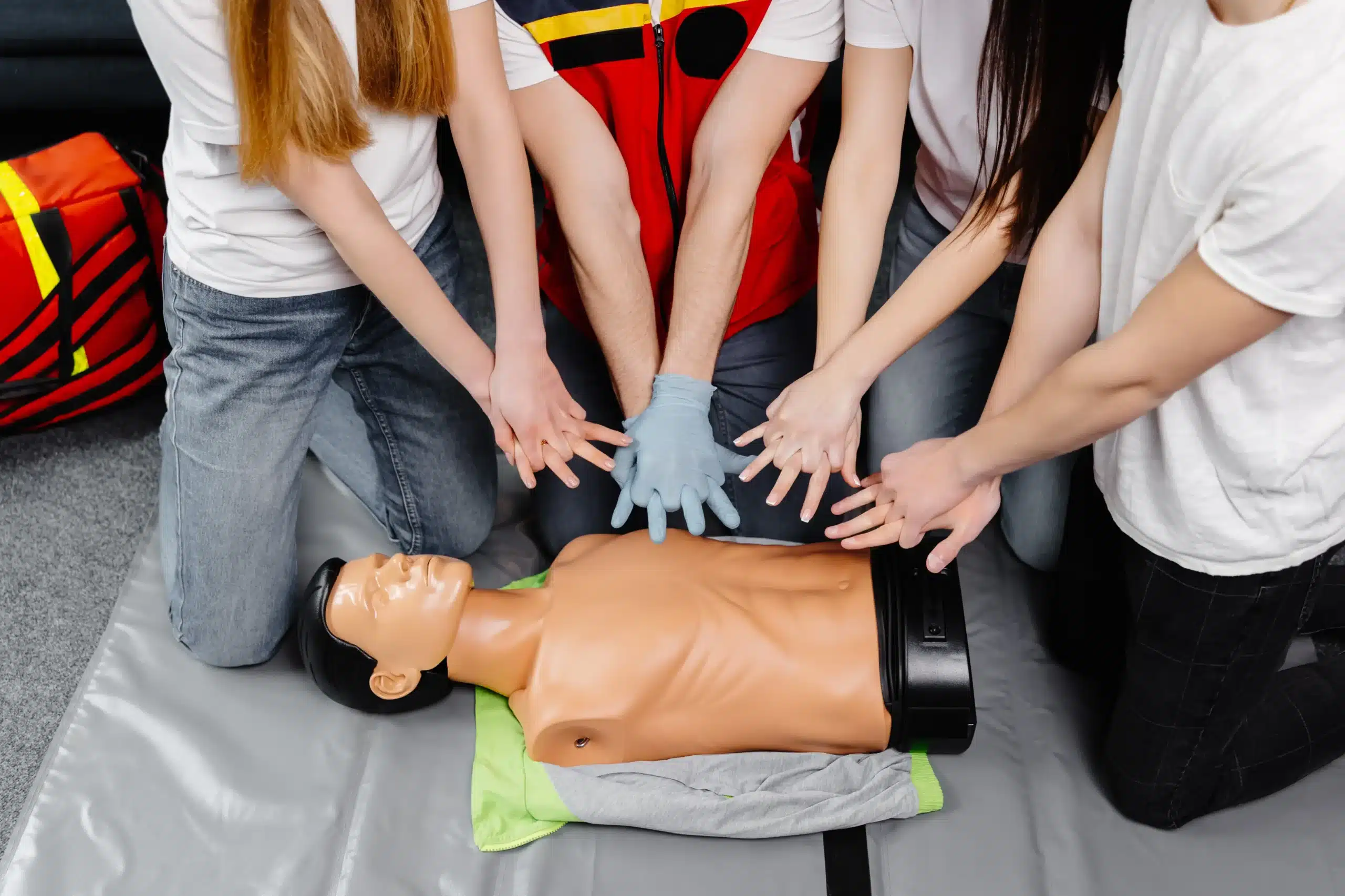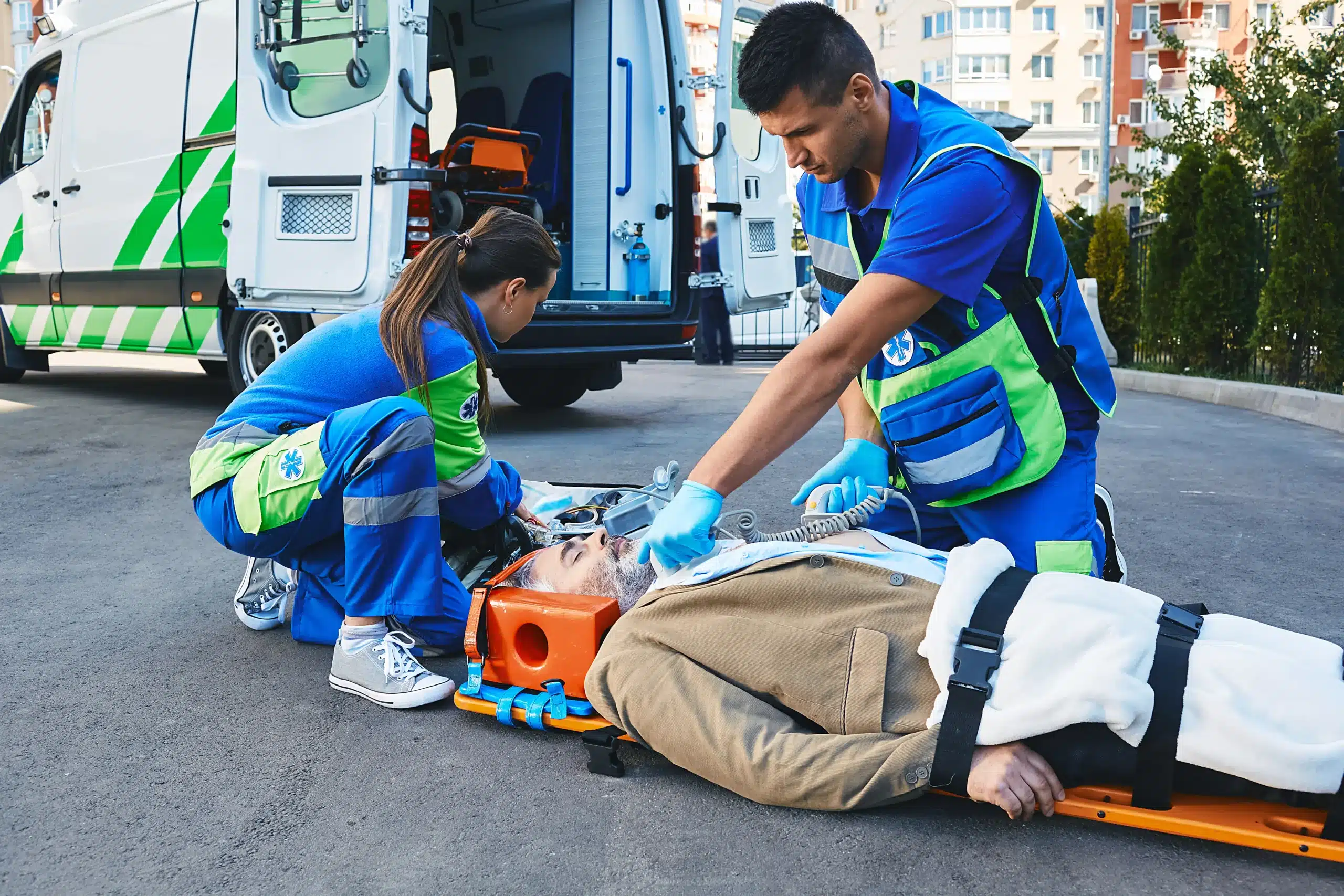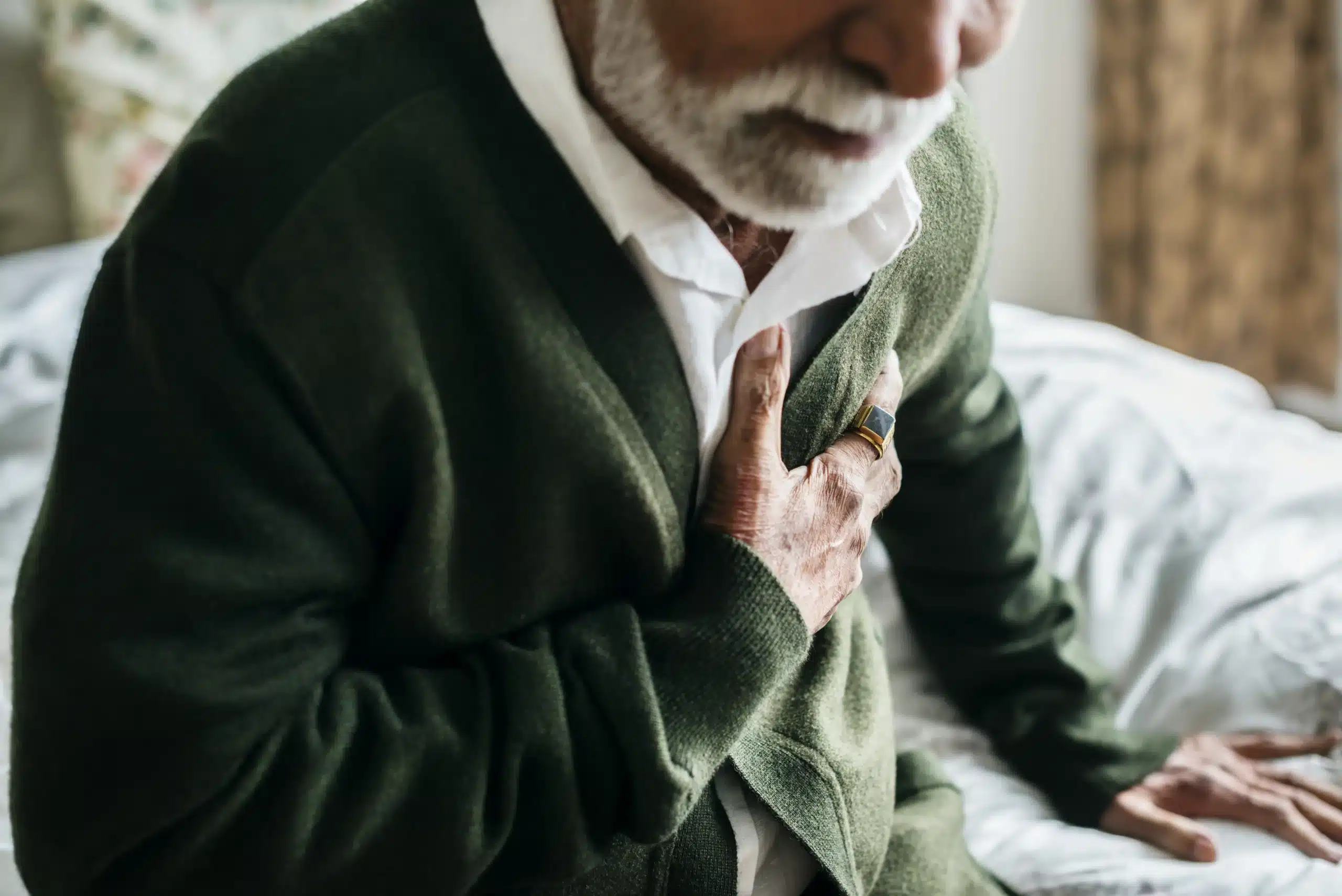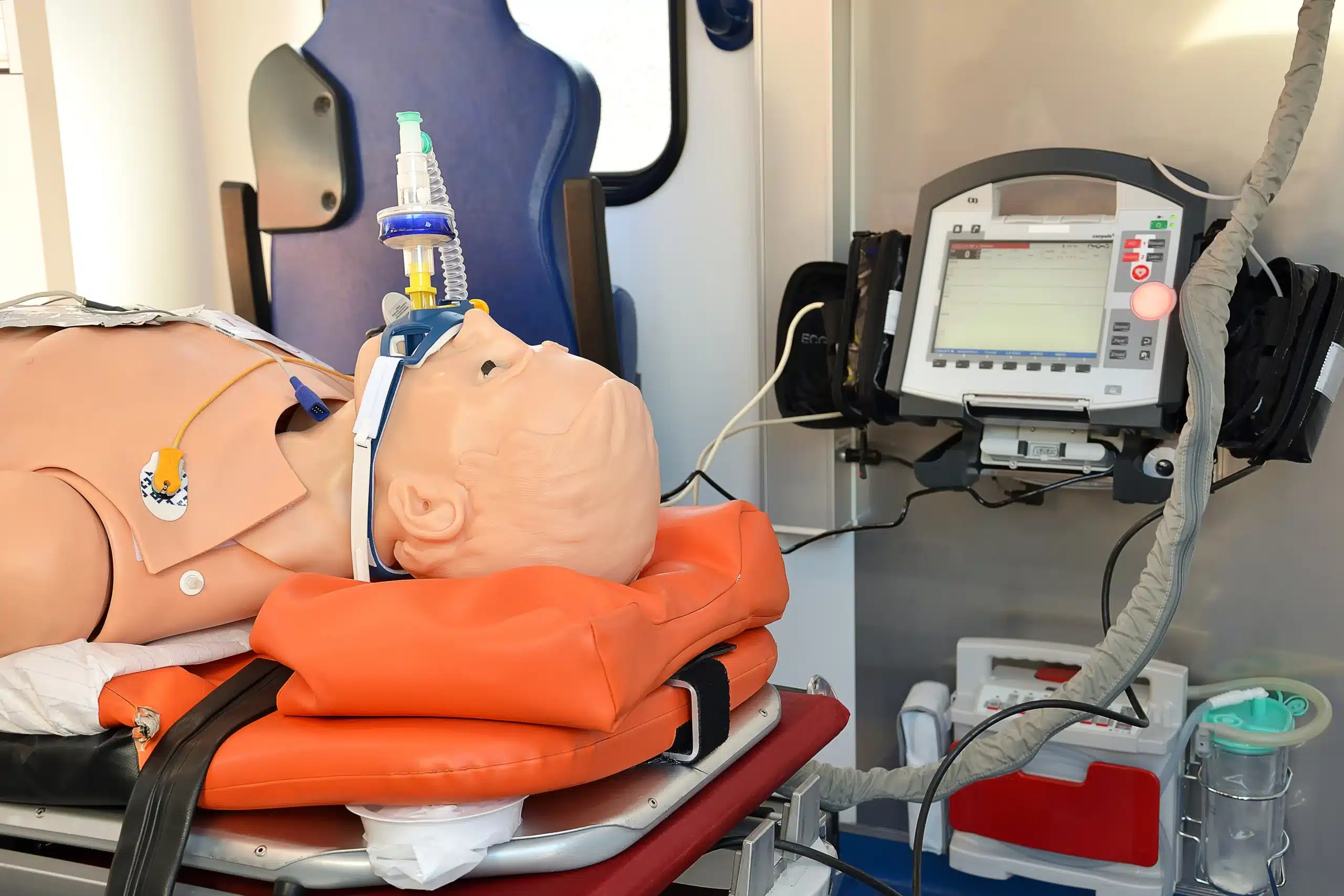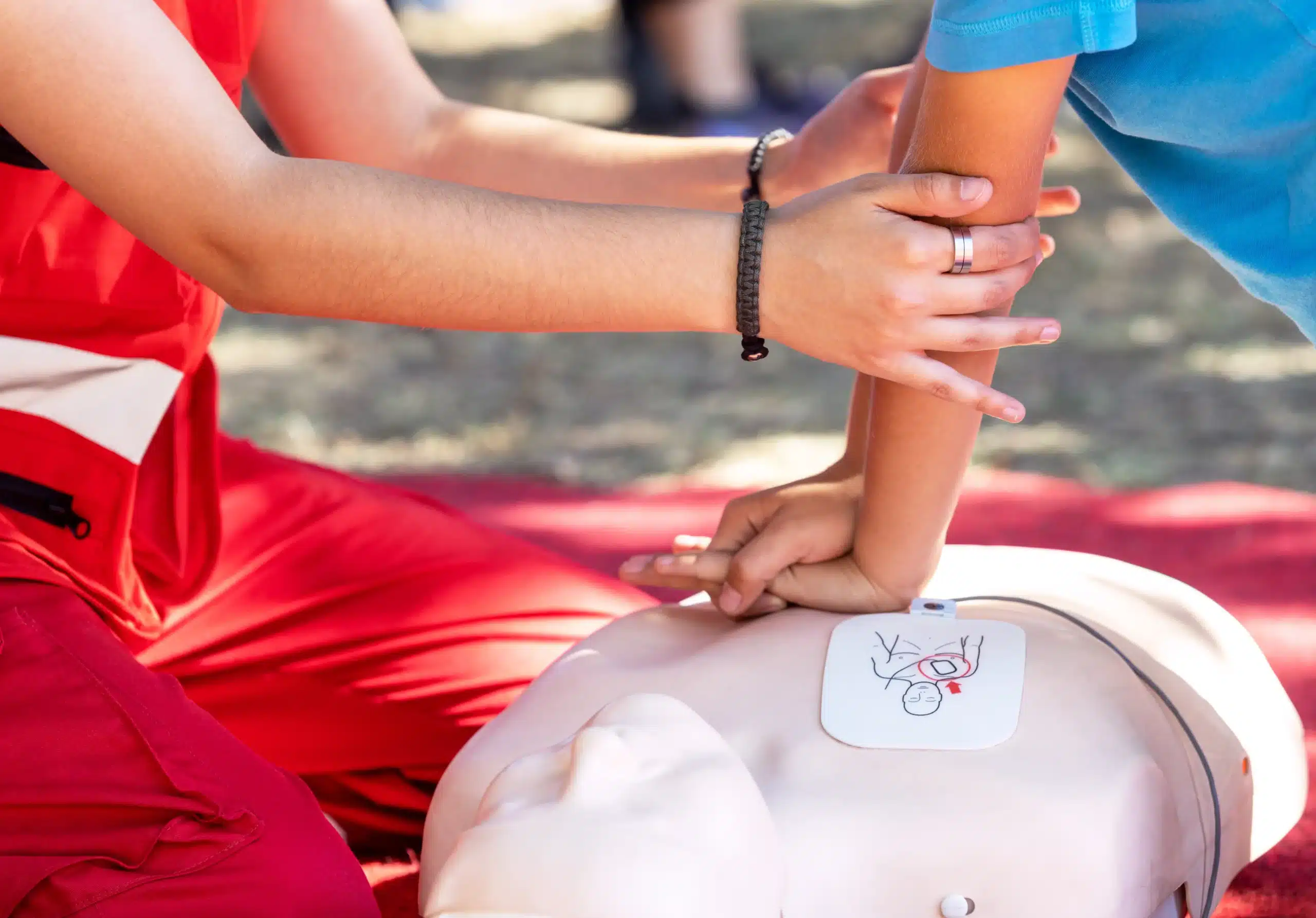Your BLS certification is more than just a credential—it’s a testament to your dedication to providing top-notch care. But like any vital skill, it needs regular refreshing. This guide simplifies the BLS renewal process, offering practical advice on everything from finding “bls renewal near me” and understanding course formats to managing costs and overcoming common renewal challenges. We’ll explore the importance of AHA certification, discuss continuing education options, and empower you to maintain your BLS skills with confidence.
Key Takeaways
- BLS is crucial for healthcare professionals: It provides essential life-saving skills like CPR, airway management, and AED use, enabling effective responses to medical emergencies. Regular renewal keeps these skills current.
- Choosing a BLS renewal course requires careful consideration: Evaluate your learning preferences (online or in-person), the provider’s reputation (AHA certification is important), and course costs (be mindful of extra fees and explore group discounts). Plan and select a course that suits your needs and schedule.
- Maintaining BLS certification requires ongoing effort: Set reminders for timely renewal (every two years), explore continuing education to enhance your skills, and address common renewal challenges like cost and scheduling. Staying certified demonstrates your commitment to high-quality care.
What is BLS & Why Renew?
Basic Life Support (BLS) is a crucial set of lifesaving skills for healthcare providers and first responders. It covers core techniques like CPR, airway management, and how to use an AED. BLS training is essential for anyone in the medical field—doctors, nurses, EMTs—giving them the tools to handle emergencies effectively. Find a BLS course near you.
Why renew your BLS certification? It keeps your skills and knowledge sharp and up-to-date. The American Heart Association (AHA) requires BLS recertification every two years, with no grace period. This means healthcare professionals must take a refresher course and pass an exam to maintain their certification and provide high-quality care in critical situations. You can renew your BLS certification up to 60 days after it expires, offering some flexibility. BLS certification goes beyond standard CPR training by including techniques for handling breathing problems and blocked airways—vital skills for any emergency response, as explained by the Red Cross.
Find BLS Renewal Courses Near You
Finding the right BLS renewal course means understanding your options and choosing a provider that fits your needs and schedule. Let’s break it down.
Online vs. In-Person: Pros & Cons
Deciding between online and in-person BLS renewal often comes down to personal preference and learning style. Online courses offer flexibility, allowing you to learn at your own pace and from anywhere with internet access. Blended learning, which combines online coursework with an in-person skills session, is a popular option. The American Heart Association offers resources for learning more about BLS renewal and blended learning. However, some prefer the hands-on, interactive experience of a traditional classroom setting. In-person courses provide immediate feedback from instructors and a chance to practice skills with other students. Thinking about factors like course format, certification status, and any extra fees will help you plan effectively for your BLS recertification.
Top BLS Renewal Providers
Several reputable organizations offer BLS renewal courses. Here are a few options:
American Heart Association (AHA)
The AHA offers BLS training that equips healthcare providers with the latest life-saving techniques, based on the most recent AHA Guidelines. Their certification is widely recognized.
American Red Cross
The American Red Cross also provides BLS renewal courses with a focus on workplace safety and essential lifesaving skills. They offer various course formats for different schedules.
Tracy CPR Classes
Tracy CPR Classes offers BLS renewal courses that include the online portion, skills testing, and your certification card—all in one place.
Local Hospitals & Medical Centers
Many hospitals and medical centers offer BLS renewal courses for their staff and the community. Check with local facilities for available programs. You can often find information on BLS certification courses online or by contacting hospitals directly.
Community Colleges
Community colleges often offer CPR and first aid training, including BLS renewal. These programs can be a budget-friendly way to maintain your certification. Explore CPR and first aid training options at community colleges near you.
BLS Renewal Course Costs & Options
Renewing your Basic Life Support (BLS) certification is an investment in your skills and career. Understanding the costs and different options can help you find a course that fits your budget and learning preferences. Let’s break down what you can expect.
Average Price Range
BLS renewal costs in Tracy, CA, differ based on the training center and the type of course. At Tracy CPR Classes, our BLS renewal is $120, which covers the online portion, the skills test, and your certification card. Check with various providers in your area, like those listed in our Northern CA CPR Directory, to compare pricing.
Watch Out For Hidden Fees
While upfront costs are important, inquire about any potential hidden fees. Some providers might have extra charges for study materials, online access, or same-day certification. Knowing the full cost upfront helps avoid surprises. Many providers, including Tracy CPR Classes, are transparent about pricing, but it’s always a good idea to double-check.
Group Discounts & Promotions
If you’re renewing with colleagues or friends, look for group discounts. Many training centers offer reduced rates for group registrations. Also, keep an eye out for promotional offers. Some providers run seasonal specials or discounts, so a little research could save you money. Stockton CPR Certification often has group discounts, so exploring different options is worthwhile.
Available Course Formats
The American Heart Association (AHA) offers flexibility in how you renew your BLS certification. You can choose from in-person classes, blended learning (online coursework and in-person skills testing), or entirely online renewal courses. Consider your learning style and schedule when deciding which format works best. Berkeley CPR Classes offers a helpful overview of BLS renewal options.
Course Duration & Certification
Deciding to renew your Basic Life Support (BLS) certification is a crucial step, but understanding the time commitment and what you’ll learn is equally important. This section breaks down the typical course length, essential skills covered, and how you’ll receive your updated certification.
Typical Course Length
BLS renewal courses are designed to be efficient, refreshing your existing knowledge and skills. You can expect a renewal course to take anywhere from a few hours to a full day. Blended learning courses, combining online modules with in-person skills sessions, offer flexibility. The in-person portion, often called a skills check or skills session, typically takes about 2-3 hours at Tracy CPR Classes. This hands-on component allows instructors to assess your technique and provide personalized feedback. Check out our BLS renewal course for more details on course structure and scheduling.
Skills Covered
BLS certification equips you with the practical skills to respond confidently in medical emergencies. Core skills covered include high-quality CPR for adults, children, and infants, along with effective use of an automated external defibrillator (AED). You’ll also learn critical airway management techniques, including how to relieve choking and provide rescue breaths. These skills are essential for healthcare providers, first responders, and anyone who wants to be prepared to help in a crisis. For more details on BLS skills, see our CPR renewal guide.
Get Your Certification
Upon successful completion of your BLS renewal course, including demonstrating proficiency in the required skills, you’ll receive your updated BLS certification card. This card is valid for two years, demonstrating your commitment to maintaining these life-saving skills. Many providers, including Tracy CPR Classes, offer American Heart Association (AHA) certified courses, ensuring your certification is widely recognized and accepted. The Red Cross also offers blended learning options, allowing you to complete the cognitive portion online at your own pace before attending an in-person skills session. This flexible approach makes renewing your certification more convenient.
Choose the Right BLS Renewal Course
Picking the right BLS renewal course isn’t just about checking a box; it’s about investing in your skills and confidence as a lifesaver. Here’s how to find the perfect fit:
Assess Your Schedule & Learning Style
Think about how you learn best and what fits your lifestyle. Do you thrive in a traditional classroom setting, or would you prefer the flexibility of online learning? Many providers, including Tracy CPR Classes, offer blended learning options that combine online modules with in-person skills sessions. This approach lets you work through the coursework at your own pace and then demonstrate your skills in a hands-on environment. Our CPR Renewal in Tracy guide offers more information on blended learning and other renewal options.
Evaluate Provider Reputation
Not all BLS courses are created equal. Look for a provider with a solid reputation for quality instruction and up-to-date materials. Consider factors like instructor experience, the ratio of students to instructors, and the overall course content. A good provider will emphasize hands-on practice and give you plenty of opportunities to ask questions and refine your technique. This article by Kahawa Tungu offers helpful tips on evaluating BLS certification providers.
Ensure AHA Certification
Make sure the course you choose is certified by the American Heart Association (AHA). AHA certification is widely recognized and ensures you’re learning the most current BLS guidelines and techniques. The AHA offers various resources for BLS renewal, including both blended learning and traditional instructor-led courses. Choosing an AHA-certified course ensures your certification is valid and respected. The Berkeley CPR Classes blog provides a helpful guide to BLS renewal and AHA certification.
Prepare for Your BLS Renewal
Getting ready for your BLS renewal doesn’t have to be stressful. With a little preparation, you can walk into class feeling confident and ready to learn. Here’s what you need to know:
What to Bring to Class
For in-person BLS renewal, make sure you have your current (or recently expired) AHA BLS CPR card. This confirms your previous training and is essential for enrolling in a renewal course. Some providers, like Tracy CPR Classes, may also require pre-registration. Check with your chosen provider for their specific requirements. Having a notebook and pen can also be helpful for taking notes during the course.
Online Course Technical Requirements
If you’re opting for the convenience of an online BLS renewal course, double-check the technical requirements. A reliable internet connection is essential, along with a computer or tablet that meets the course platform’s specifications. You might also need speakers or headphones. Before you start, ensure your chosen provider meets the AHA standards so your certification will be accepted by your employer. You can find reputable providers in our Northern CA CPR Directory.
Refresh Your BLS Skills
Brushing up on your skills before class can make your BLS renewal even more effective. Review key procedures like CPR, AED use, and airway management. A quick refresher can boost your confidence and help you get the most from your renewal course. Many providers offer resources like practice tests or videos to help you prepare. Check with your provider to see what pre-course materials they offer. A good BLS renewal provider offers more than just the course itself; they provide the tools and support you need to truly master these lifesaving skills. Consider checking out the BLS course offered by Tracy CPR classes.
Maintain Your BLS Certification
Once you’ve earned your BLS certification, staying current is key. This keeps you prepared for emergencies and shows your commitment to quality care. Here’s how to maintain your BLS certification and avoid lapses:
Renew on Time
BLS certification is valid for two years. There’s no grace period, so mark your renewal date on your calendar. Plan to complete your renewal course and pass the exam before your certification expires. Some providers may allow renewals shortly after expiration (sometimes up to 60 days, according to Save A Life CPR), but it’s best to renew on time.
Continuing Education Options
Your learning journey doesn’t end with your initial BLS certification! Look for providers, like Tracy CPR Classes, offering additional training or specialized courses. These can boost your skills and keep you informed about advancements in emergency care. The American Heart Association also offers resources for BLS renewal, including blended learning and instructor-led courses. Consider exploring options like the RQI program to maintain your resuscitation skills.
Overcome Common Renewal Challenges
Staying on top of BLS renewal can be tricky. Common mistakes include missing deadlines and overlooking expiration dates. Set reminders and give yourself ample time to find a course that works for you. Cost can also be a factor. As World News Wire notes, prices vary between in-person and online courses. Research providers and compare pricing. Ask about group discounts or promotions, which can help reduce the cost.
Related Articles
- BLS Renewal in Lodi: Your Complete Guide – Tracy CPR Classes
- Online BLS Classes in Tracy: Your Certification Guide – Tracy CPR Classes
- BLS Classes in Lodi: Your Complete Guide – Tracy CPR Classes
- ACLS Renewal in Tracy: Your Guide – Tracy CPR Classes
- Get BLS Certified in Stockton: Top Training – Tracy CPR Classes
Frequently Asked Questions
How often do I need to renew my BLS certification? BLS certification through the American Heart Association is valid for two years. It’s essential to renew before your certification expires to maintain your credentials and stay up-to-date with the latest guidelines.
What’s the difference between online and in-person BLS renewal courses? Online BLS renewal offers flexibility, allowing you to complete the coursework at your own pace and from any location with internet access. In-person courses provide a more interactive experience with hands-on practice and direct instructor feedback. Blended learning combines the benefits of both, offering online coursework followed by an in-person skills session.
How much does BLS renewal typically cost? The cost of BLS renewal varies depending on the training provider and course format. It’s wise to compare prices from different providers and inquire about any potential hidden fees or group discounts.
What if my BLS certification has already expired? While it’s best to renew before your certification expires, some providers may allow renewals within a short grace period after the expiration date. Check with your chosen provider for their specific policy. However, it’s always recommended to renew on time to avoid any lapse in your certification.
Where can I find reliable BLS renewal courses near me? Several reputable organizations offer BLS renewal courses, including the American Heart Association, the American Red Cross, local hospitals and medical centers, and community colleges. You can also use online directories or search engines to find certified training providers in your area. When choosing a provider, ensure they offer AHA-certified courses to guarantee your certification is widely accepted.
